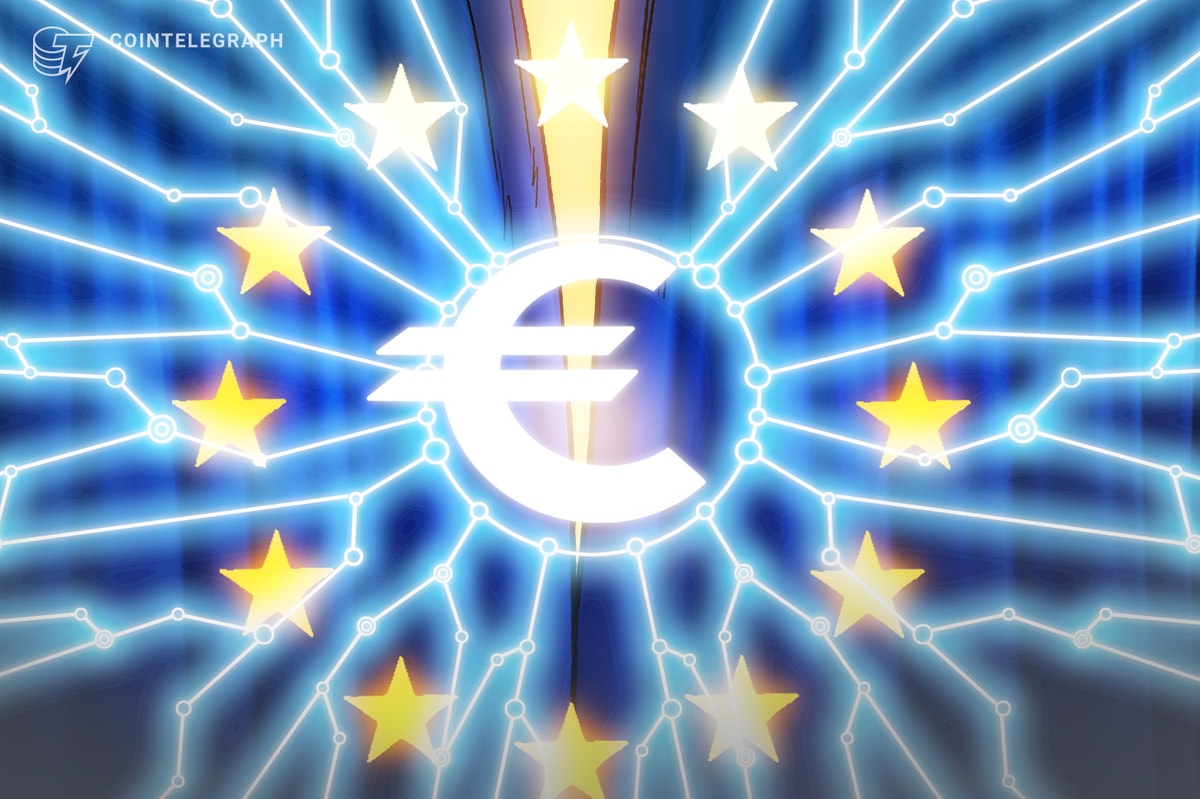The European Central Bank is intensifying its warnings over stablecoin adoption, with one of its top officials calling for a digital euro to curb the influence of US dollar-pegged stablecoins across the continent.
ECB executive board member Piero Cipollone has penned another article highlighting concerns over the growing popularity of US dollar stablecoins, arguing that launching a central bank digital currency (CBDC) could help preserve the eurozone’s monetary sovereignty.
A potential digital euro “would limit the potential for foreign currency stablecoins to become a common medium of exchange within the euro area,” Cipollone wrote in a statement published April 8 on the ECB’s official website.
The remarks follow a string of similar public statements from Cipollone, who has been a vocal advocate for a digital euro as a strategic response to the dominance of dollar-backed stablecoins in Europe.
A “public-private partnership to retain sovereignty”
In the latest piece, Cipollone reiterated that excessive reliance on foreign providers — including stablecoins as well as international card schemes — compromises the monetary sovereignty of Europe.
“It also underscores the urgent need for a digital euro. Failing to act would not only expose us to significant risks but also deprive us of a great opportunity,” the central banker said.
ECB’s executive board member Piero Cipollone. Source: Bloomberg
Cipollone also cited concerns about the United States’ increasingly crypto-friendly stance under the current administration, including efforts to promote dollar-based stablecoins globally.
Related: Lawmaker alleges Trump wants to replace US dollar with his stablecoin
“They could potentially result not just in further losses of fees and data, but also in euro deposits being moved to the US and in a further strengthening of the role of the dollar in cross-border payments,” he said, adding:
“Faced with these challenges, we need a public-private partnership to retain our sovereignty. The digital euro — as a sovereign European means of payment based on EU legislation — would be the cornerstone of this partnership.”
ECB wants to promote cash but can’t do it online
Cipollone also highlighted the “vital role of cash” in ensuring financial inclusion and resilience, stating that cash remains a “cornerstone of the European financial system” and is its only sovereign means of payment.
However, a growing preference for digital payments has limited the use of cash amid the rapid growth of online shopping, which now accounts for one-third of European retail transactions, he said.
“Cash cannot be used online, and it is often not possible to pay using a European payment service, meaning we need to rely on non-European payment systems,” Cipollone added.
“The time to act is now,” he said. “Making progress on both the digital euro regulation and the regulation on the legal tender status of cash has become urgent if we are to increase our resilience to possible disruptions and reverse our ever-increasing dependence on foreign companies.”
Despite the ECB’s ongoing efforts, the proposed digital euro has faced criticism and skepticism among European consumers, especially around data privacy concerns.
An ECB working paper on the digital euro published in March showed that European consumers are not interested in adopting a digital euro, with many seeing little value in the potential CBDC.
Magazine: Stablecoin for cyber-scammers launches, Sony L2 drama: Asia Express










